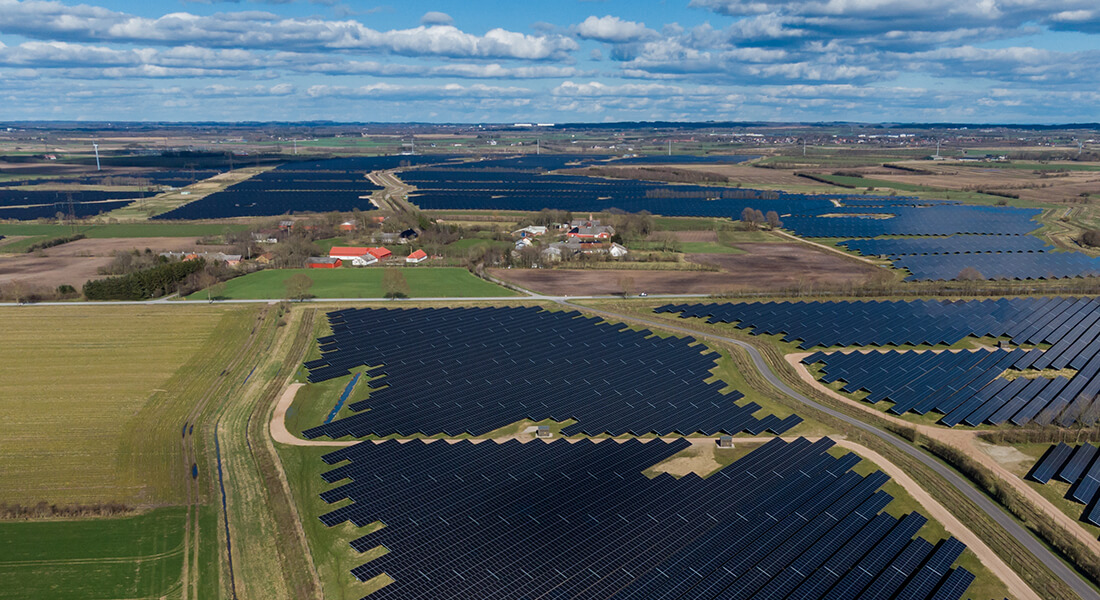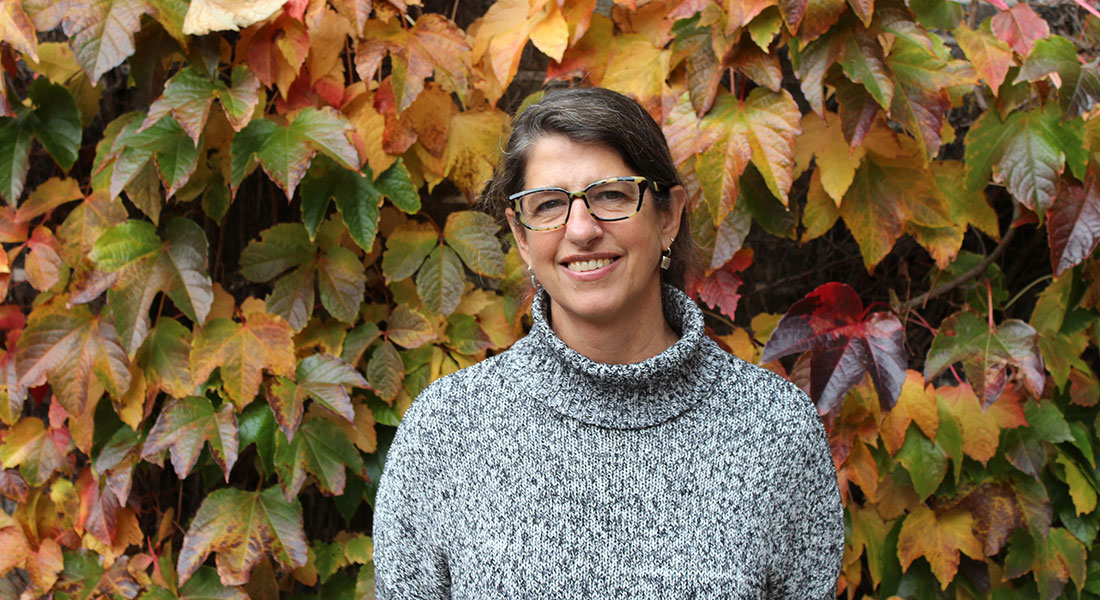Easy solutions are rarely the answer to society's climate challenges
It can sometimes seem like we're making problems unnecessarily complicated when we, as a society, need to solve the big sustainability challenges. But there are no simple solutions when it comes to solving 'wicked problems', says Professor Michele Betsill. But with the right strategies solutions can be found.

Michele Betsill likes to use one of her favourite quotes to explain what she often tries to convey as a professor and researcher in global environmental politics.
It comes from the late American social critic H. L. Mencken: "For every complex problem there is an answer that is clear, simple and wrong," he said.
"I love this quote," says Michele Betsill, who, in the spirit of Mencken, sees one of the central tasks of the social sciences as being to show how complex social problems can be - but also to provide an overview so that it is still possible to find good and realistic solutions to them
I believe that the social sciences have a special role to play in relation to sustainability. It's not just about technical or scientific issues..
She communicates this in her research and teaching, and now also in a new continuing education course that she is offering along with three other climate scientists from Social Sciences. Among other things, it gives people working on the green transition the opportunity to sharpen their ability to create interdisciplinary sustainability solutions (see box).
"I believe that the social sciences have a special role to play in relation to sustainability. It's not just about technical or scientific knowledge. Future sustainability involves highly political issues that touch on different values, notions of justice and how we think about economics, democracy and civil society. We focus on these aspects of sustainability," she says.
The problems are often complex
When society needs to solve what Betsill calls 'wicked problems' - problems that are actually a patchwork of sub-problems and may require conflicting solutions - it's crucial to identify all the aspects. This in turn requires the problem to be investigated across disciplines and with different perspectives.
"We need to be able to bring the different perspectives together and see the big picture. There's the story of the blind men who find an elephant: one examines the leg, the other the trunk, so they have very different ideas about what the elephant is. It's only when you gather knowledge that you get a more holistic picture.
That's why you can't simply calculate the 'perfect' solution. It's important to take a more nuanced look at the many facets of a problem.
"Scientists always say it's a problem of greenhouse gas emissions, so we need to reduce CO2 emissions. But some people use CO2 emissions to cook their food, for example, or it affects their jobs and therefore their livelihoods. So you can't just cut it without affecting people. You also need to know who the winners and losers are from reducing CO2 and what it means for equality and fairness in society," she says.
We need to think more holistically
Power relations often play an important role:
"In the course, we address issues of equality and justice, especially from a sociological and anthropological perspective. We look at the challenges of measuring the economic and political impact of possible interventions and the assumptions people make about the value of nature and how humans and nature interact," she continues.
But while there are rarely simple and easy solutions, it is still possible to find good ones if you make sure you include enough different aspects and perspectives.
"You have to be able to think more holistically. And often we can't do it alone. You need someone else in the room to say, 'Yes, but what about this perspective and what about this angle? ' If we can make sure that people are focusing on those aspects, we can find solutions that match the outcomes we want and don't create additional problems down the line."
About the researcher

Contact
Professor
Michele Betsill
Department of Political Science
E-mail: m.betsill@ifs.ku.dk
Phone: +45 35 33 08 26
Communication consultant
Christopher E. G. Ilfeldt
E-mail: cebi@samf.ku.dk
Phone: +45 53 83 39 83
